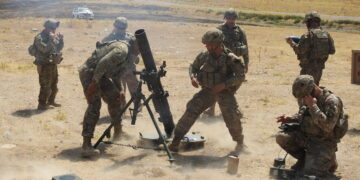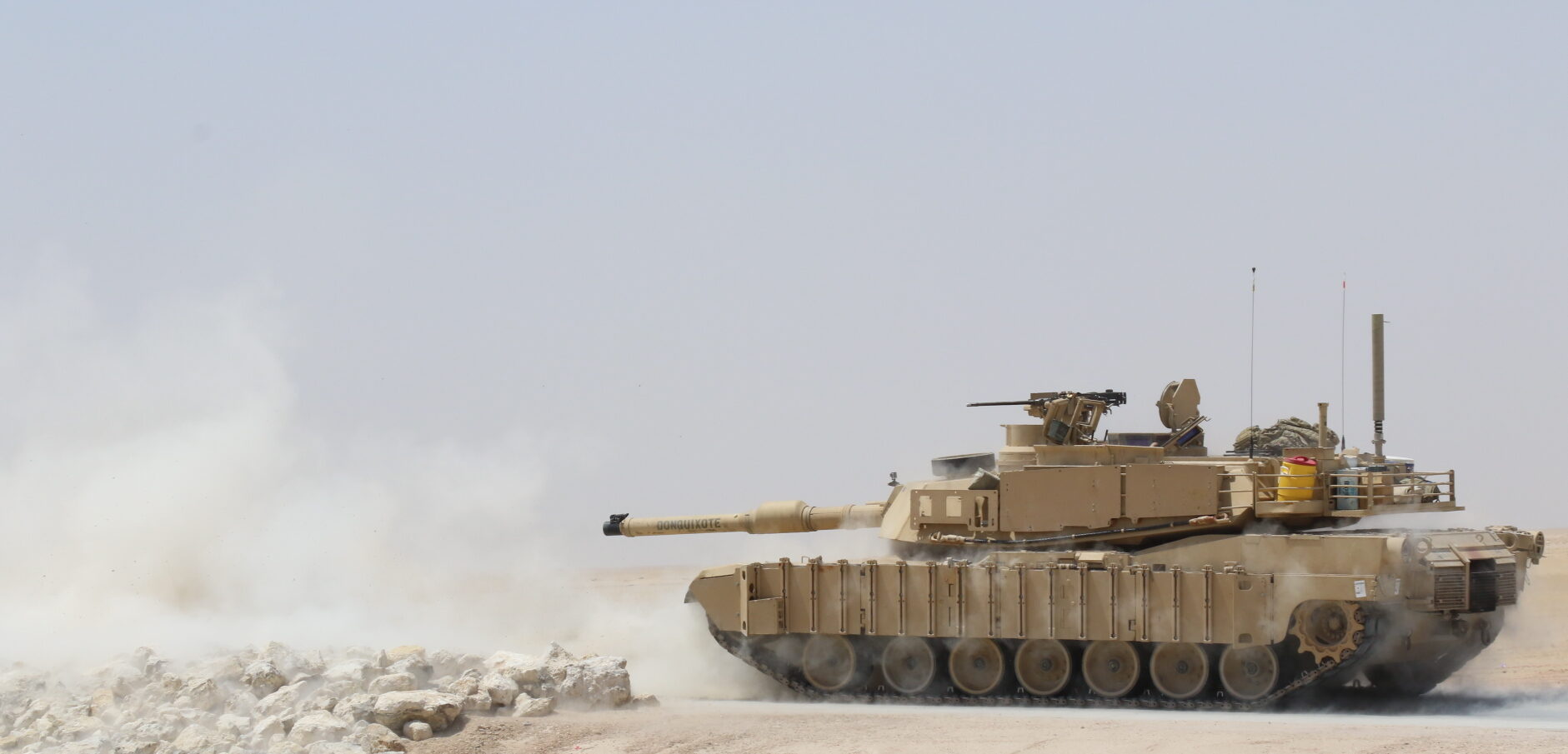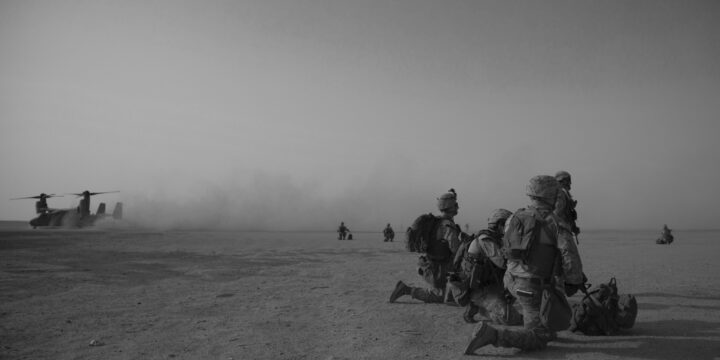U.S. officials ritualistically tout their respect for Iraq’s sovereignty and territorial integrity, but the fact is that every U.S. president over the last 33 years has bombed Iraq in one way or another. The 1991 Gulf War occurred during George H.W. Bush’s administration. Bill Clinton authorized several rounds of airstrikes against Iraqi military facilities, including a four-day bombing campaign in December 1998. George W. Bush’s decision to invade and occupy Iraq in 2003 sucked hundreds of thousands of U.S. troops into a nearly decade-long morass. Barack Obama brought U.S. troops back to Iraq in 2014 after the Islamic State arrived at the gates of Baghdad, while Donald Trump continued the military campaign throughout his term.
President Joe Biden, too, has taken military action in Iraq during his first three years as president. Approximately 2,500 U.S. troops are stationed in several large bases across the country, ostensibly tasked with the “enduring defeat” of ISIS. U.S. special operators partner with their Iraqi colleagues to capture and kill ISIS leaders, planners, and facilitators. The U.S. military has also taken unilateral action against Shia militias that have lobbed attack drones and rockets toward U.S. bases on a regular basis since mid-October. On January 4, the U.S. killed Abu Taqwa, a senior commander of the Harakat Al Nujaba militia, in the heart of Baghdad.
The Iraqi government responded with fury to that airstrike in particular, blasting the U.S.-led coalition for violating the agreement governing the U.S. military’s operations on Iraqi soil. Days later, Iraqi Prime Minister Mohammed Shia Al Sudani, who a year ago insisted Baghdad still needed a U.S. military presence, pledged to form a committee to boot U.S. forces out.
The conventional wisdom in Washington, D.C. is to shudder with fright at the news. But for those who have long believed the U.S. military presence in Iraq had lost its utility, two words sum up the development: good riddance.
More on Middle East

Featuring Daniel DePetris
October 8, 2025
Events on Iraq








